Tallahassee’s Top Choice: Quick Basement Flood Cleanup & Repair – Save Time and Money!
Are you a Tallahassee resident facing a basement flood? Don’t let water damage stress you out! Our e…….
Introduction
Water damage in residential properties is a pervasive issue, affecting millions of homes across the globe, including Tallahassee, Florida. This comprehensive article delves into the intricacies of Tallahassee residential water damage, its causes, effects, and the measures homeowners and service providers can take to mitigate and manage such incidents. We will explore the significance of understanding and addressing this phenomenon, the economic implications, technological advancements, and policy frameworks that influence its management. By the end of this article, readers will have a robust grasp of water damage in residential settings, particularly within Tallahassee, and the broader context it occupies.
Understanding Tallahassee Residential Water Damage
Tallahassee residential water damage refers to any form of property intrusion where water has caused or is likely to cause damage to home structures, belongings, or health. This can occur due to various reasons such as heavy rains, burst pipes, malfunctioning appliances like washing machines or dishwashers, roof leaks, basement seepage, and more. Water damage is categorized into three classes based on the level of water contamination: Class 1 (clean water), Class 2 (gray water), and Class 3 (black water).
Historically, Tallahassee has faced challenges related to water damage due to its geographical location, with the nearby Apalachicola River and periodic heavy rainfall. Understanding the core components of water damage – including its sources, types, and the mechanisms for detection and remediation – is crucial for effective management and prevention.
Global Impact and Trends
Water damage is not isolated to Tallahassee; it’s a global concern. The impact of this issue varies by region, influenced by climate change patterns, urbanization rates, and the effectiveness of local infrastructure and building codes. In Tallahassee, for example, trends show an increase in water-related incidents during hurricane seasons and periods of extreme weather conditions.
Global trends indicate a growing need for advanced water damage prevention and recovery strategies. The development of smart technologies and predictive analytics is helping mitigate risks by enabling early detection and timely response to water intrusion events.
Economic Considerations
The economic implications of residential water damage are significant, encompassing property repair costs, insurance claims, and the associated health risks. In Tallahassee, the local economy feels these impacts directly, with service providers like plumbers, restoration companies, and insurers playing critical roles in both mitigating immediate damages and providing long-term solutions.
Market dynamics are influenced by factors such as population growth, housing development patterns, and the increasing awareness of the importance of water damage prevention. Investment in disaster-resistant construction materials and technologies is becoming more prevalent, reflecting a growing economic emphasis on resilience and sustainability within the residential sector.
Technological Advancements
Technological advancements have significantly impacted the field of water damage mitigation. Innovations such as smart water sensors, advanced drying systems, and drone inspections are revolutionizing the way water damage is detected and managed. These technologies not only aid in immediate response but also contribute to long-term risk assessment and prediction.
Future potential includes the integration of artificial intelligence (AI) into predictive models for water damage, further enhancing preventative measures. The development of materials with inherent moisture resistance and better building design practices are also anticipated to reduce the incidence of water damage in residential settings.
Policy and Regulation
Policies and regulations play a pivotal role in governing water damage prevention and response. In Tallahassee, local ordinances, state regulations, and federal guidelines shape how water damage is addressed within the community. Building codes that mandate certain construction standards are designed to reduce the risk of water intrusion. Additionally, insurance policies often dictate the coverage and processes for claims related to water damage.
Legislative frameworks aim to balance the need for safety and property protection with economic considerations. Policies that incentivize the adoption of innovative technologies can drive progress in water damage management. However, challenges remain in ensuring compliance and updating regulations to keep pace with emerging risks.
Challenges and Criticisms
The management of Tallahassee residential water damage faces several challenges, including the need for improved public awareness, more effective infrastructure, and enhanced coordination between different stakeholders. Criticisms often center around the adequacy of current policies, the responsiveness of service providers, and the slow pace of technological adoption.
To address these issues, a multi-faceted approach is required. This includes public education campaigns to raise awareness about water damage risks, investments in infrastructure to improve resilience against water intrusion, and the development of interdisciplinary teams to streamline response efforts.
Case Studies
Several case studies from Tallahassee illustrate successful management of residential water damage. One such example is the implementation of a city-wide early warning system that significantly reduced the impact of water damage during severe weather events. Another case involves a community that successfully lobbied for improved building codes after repeated incidents of water intrusion, leading to a reduction in claims and repair costs.
These studies provide valuable insights into effective strategies for prevention, response, and recovery from water damage incidents.
Conclusion
Tallahassee residential water damage is a complex issue with significant economic, social, and environmental implications. Through a combination of technological innovation, policy refinement, and community engagement, the city can enhance its resilience against water-related challenges. By understanding the nuances of this issue and staying abreast of the latest advancements, Tallahassee can set a precedent for other communities facing similar concerns.

Are you a Tallahassee resident facing a basement flood? Don’t let water damage stress you out! Our e…….
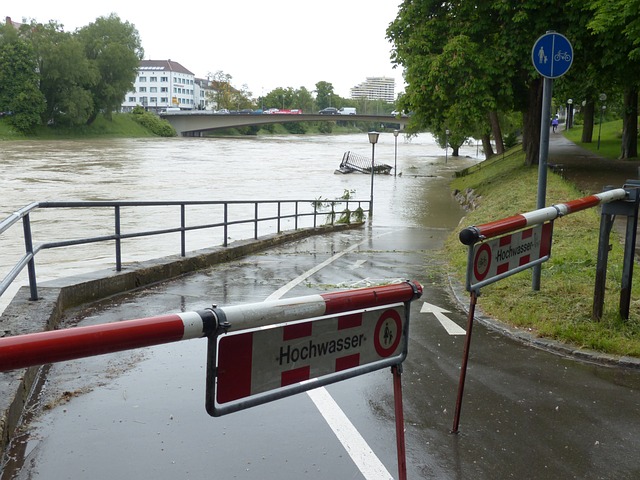
Are you a Tallahassee homeowner struggling with residential water damage? Don’t let costly repairs a…….
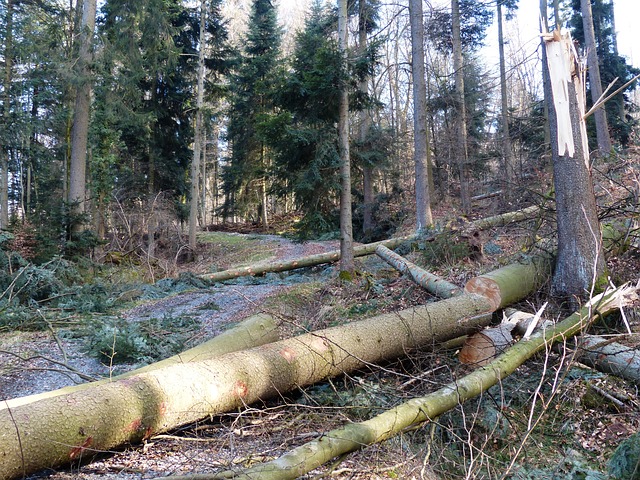
Are you a Tallahassee homeowner dealing with residential water damage? The stress is real, but immed…….

Are you a Tallahassee homeowner dealing with water damage? Let our expert water extraction services…….

Are you a Tallahassee homeowner facing the aftermath of a burst pipe? Don’t worry, you’re not alone……..
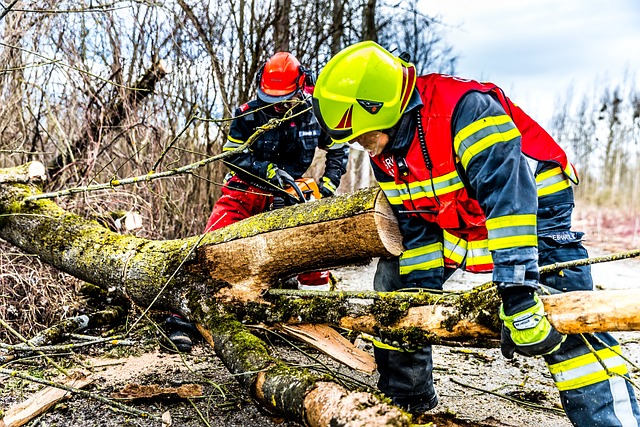
Are you a Tallahassee homeowner dealing with residential water damage? The stress is real, but so is…….
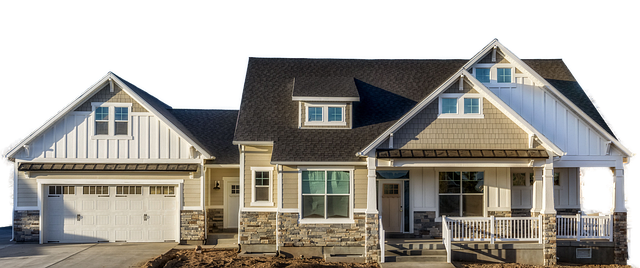
Are you a Tallahassee resident dealing with the aftermath of water damage? Don’t let mold take over…….
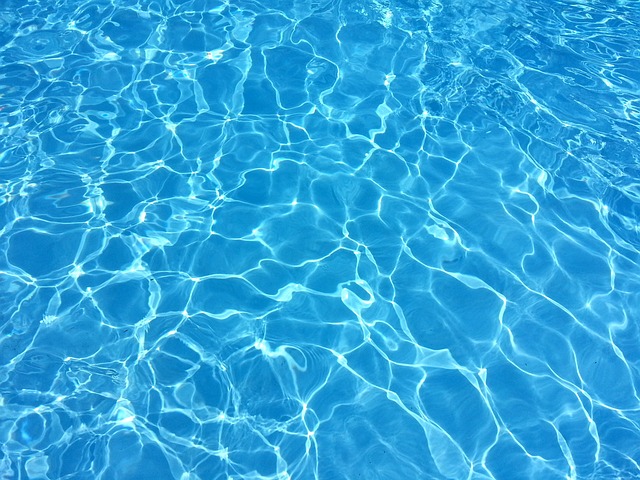
Are you a Tallahassee homeowner facing costly water damage from burst pipes? Say goodbye to unexpect…….
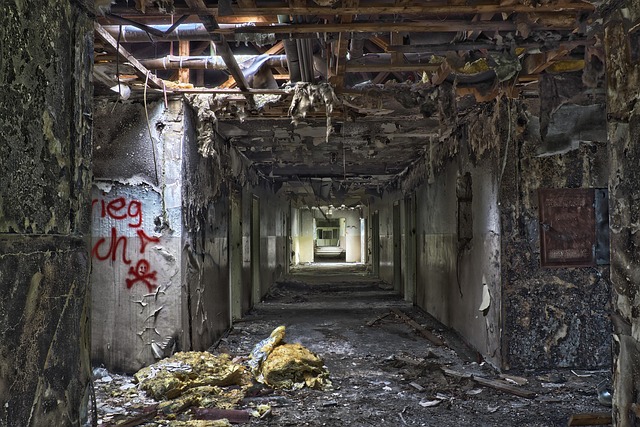
Struggling with water damage in your Tallahassee home? Don’t let the costs pile up! We offer a new a…….
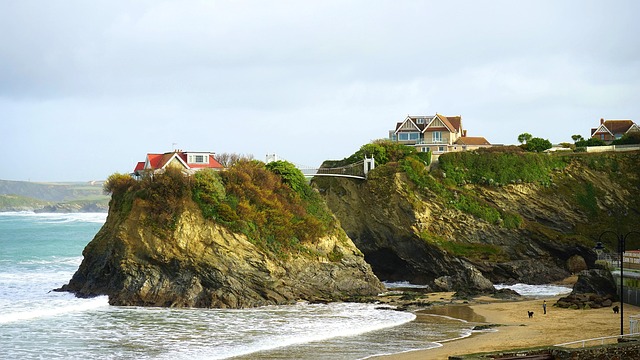
Are you a Tallahassee homeowner facing residential water damage? The cost of inaction can be devasta…….